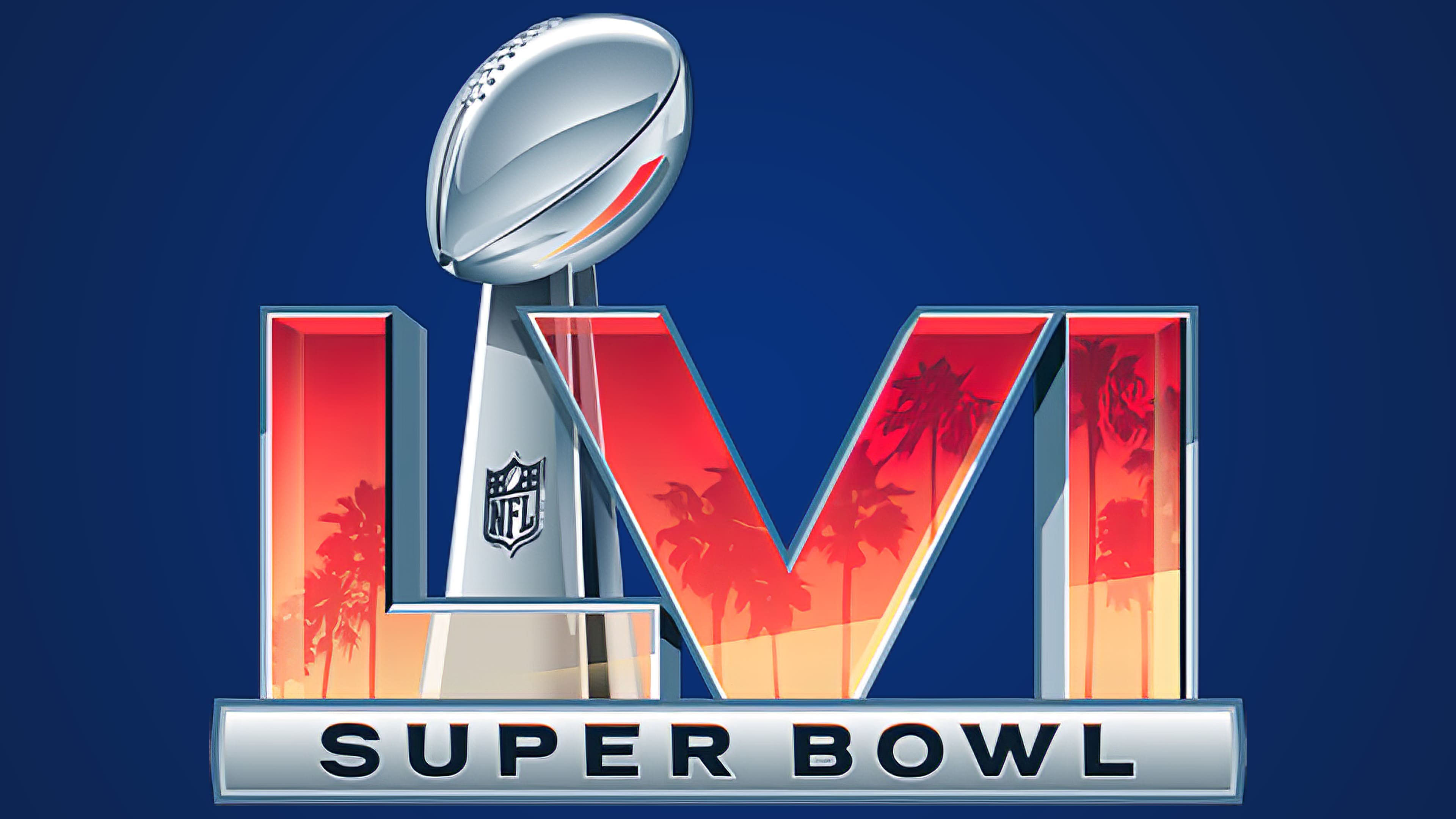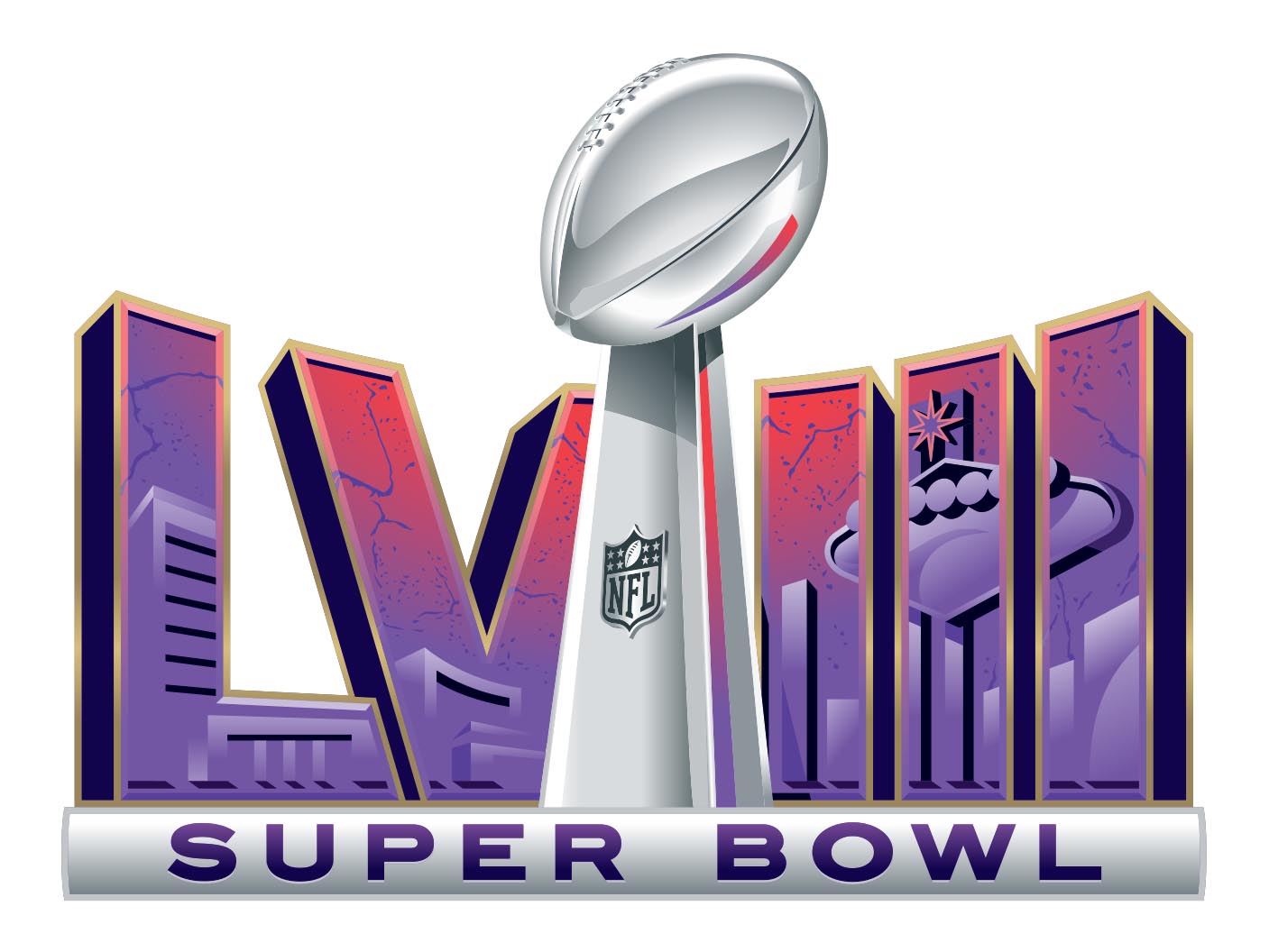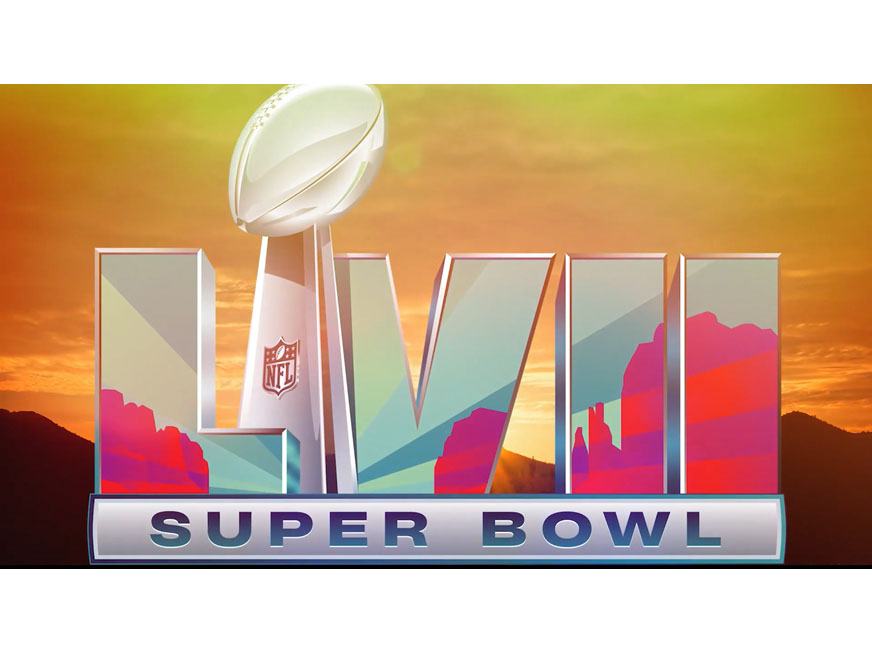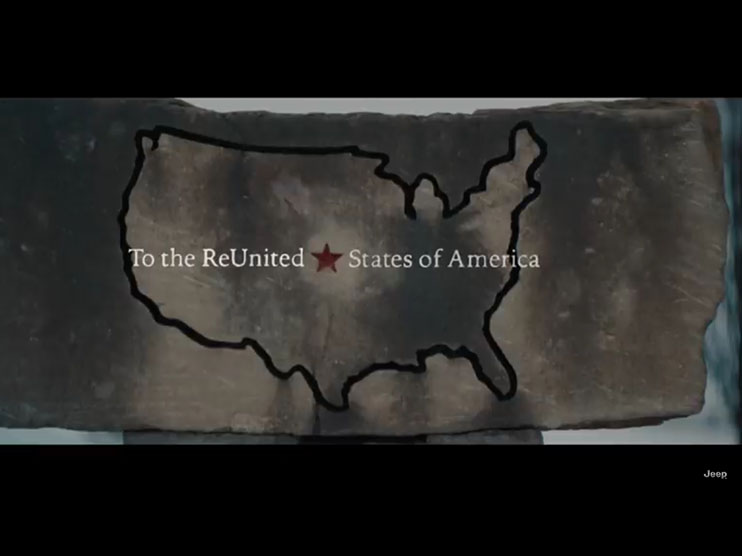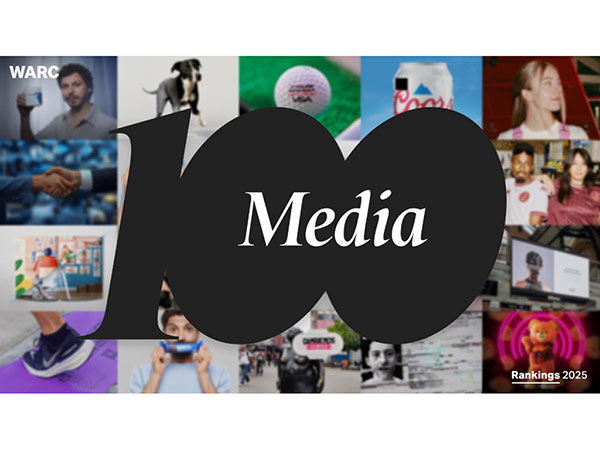News - Advertising
'This Super Bowl 2022: Sustainability becoming yet another feature like new Chrome rims'- Thomas Kolster
by Thomas Kolster
February 18, 2022

Activism took a backseat during this year’s Super Bowl and issues like diversity and climate felt more like a hygiene factor, or yet another interesting feature such as Chrome rims on a car, rather than dominating the world’s most expensive advertising break.
You don’t always need to talk about those rims (or sustainability), but you know it adds value to the overall deal. That said, there were still some old-school purpose ads that seemed like they hadn’t realised the market had changed, and the conversation moved on from the bombastic, world-saving, and brand-centric.
I’m still trying to wrap my head around what the heck Salesforce wanted with their ad discouraging space travel for us to find climate solutions on earth. Are Salesforce co-founders Marc Benioff and Parker Harris jealous of those other space-traveling billionaires? Usual purpose brag? Was this a failed recruitment ad? The answer is … well… lost in space?
Car behemoth, GM, went the typical pledge direction by 2030 blah blah blah, but somehow their use of humour (and celebrities like super villain Dr. Evil) made me go with the narrative. But do I authentically believe their commitment to EVs? Nahhh I think GM, I think gigantic SUVs. And GM was far from the only one talking about electric, so did Nissan, Kia and BMW. The agenda was ‘lit’ (to paraphrase Arnold Schwarzenegger’s Zeus character in the BMW ad) … but the change to earlier years was notable as it was less about saving the planet and more about driving pleasure and convenience.
This was even more clear when you looked at the indirect messaging of other commercials. In this case most commercials looked like one endless ad for United Color of Benetton - showcasing all the beautiful skin tones of humankind. Rather than talking about diversity, the commercials showcased diversity within the narratives as a portrayal of average Americans lives. That’s good news as it shows a societal shift – no need to toot your own horn on being diverse.
Unless you’re Google and really have the urge to talk about your Real Tone camera. The commercial took on the diversity agenda head-on like yet another iteration of Dove’s celebrated campaign for Real Beauty with the message: Everyone deserves to be seen as they are – touting the camera’s ability to portray true skin colors. Apparently, something my iPhone can’t do or…? I really don’t feel anyone out there is going to see this as anything else than a cheap marketing stunt to use the racial divide in the US to wow people into buying a Google phone.
Another indirect message came from booking.com that didn’t have much to say, but in a second or two the attentive viewer would pick up a message on a sign behind effortlessly cool actor Idris Elba: “Planet Earth’s #1 Accommodation Site”, whatever that means? A new Noah’s Ark?
The market is maturing, sustainability is becoming more of a hygiene factor that’s clearly integrated into the overall narrative rather than a forced, self-glorifying attempt of pulling the brand activism card to sell more, which is what we saw dominating earlier years.
"You can’t ignore sustainability but shouting about it has become less commercially attractive."
Hellman’s continued their food waste efforts for the second year in a row, but with a much more well-balanced and amusing ad where player Jared Mayo (You get the word play, right?) was tackling ordinary folks wasting food with the slogan: “Make taste, not waste”. It’s brand relevant and it cleverly showcases how Hellman’s can be a versatile ingredient in the kitchen with the added benefit of saving food waste. Often brands go all in on an issue like food waste, but forget to make it relevant or, for that sake, useful for you and me. The balance between brand, sales and sustainability was just right – with a splash of mayo.
Or take Expedia that cleverly entered a bigger conversation around consumption and, what I think a lot of us have learned doing Covid, that the best things in life aren’t things; whereas experiences like travel matters. Expedia encouraged us all to: “Save more on the things that matter”. The ad struck an emotional chord, yet tickles your urge to travel.
The politically charged ads we’ve seen the last couple of years were missing and so were most of the typically alpha male, chest-thumping brand activism we’ve come to expect in this space. Instead, sustainability was more cleverly integrated into the narrative or indirectly into the commercial as a steady reminder that this is the new normal.
This is a more mature approach as the brand is NOT jumping from issue to issue and piggybacking or band wagoning on the latest trend, but is instead looking for relevance and meaningful conversations (or nudges) where there’s a brand and product fit -and a commercial opportunity.
You can’t ignore sustainability but shouting about it has become less commercially attractive. There’s a bigger lesson to be learned. It’s about time to do less talking and to cleverly encourage and enable more sustainable living in all its beautiful green, white and Rainbow colored ways.


